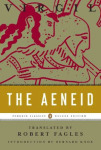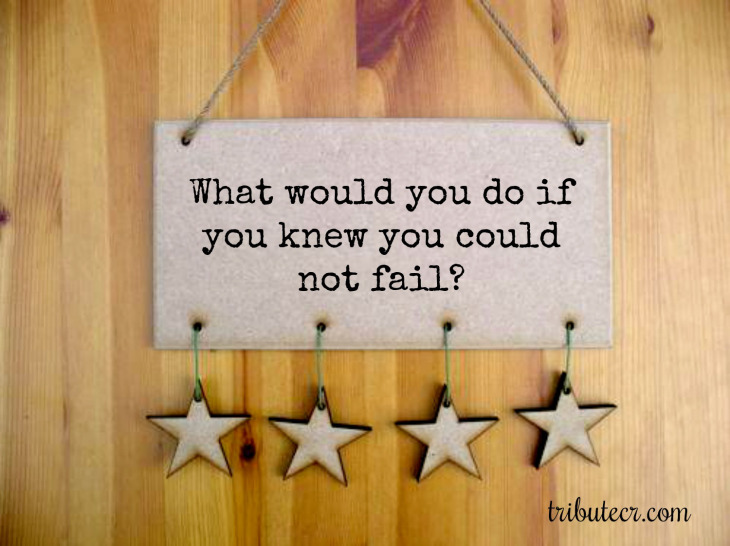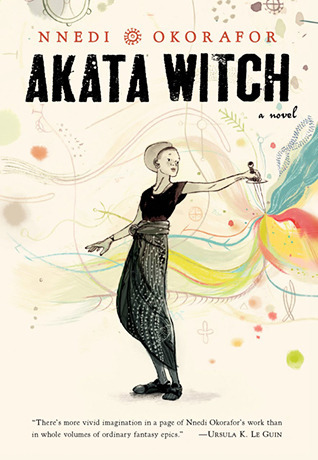Graceling was Kristin Cashore’s debut novel (Fire was its prequel), and as such, didn’t quite have the writing and plot finesse that the other two books of her series did. But what was truly astounding about Graceling was its conflict, both interior and exterior. For the latter — the one that both characters come together to confront — it’s King Leck, and the truth about him that’s so hard to accept. Unfortunately, how do I explain the horrors of Leck without spoiling things for readers? It’s alright; there’ll be time and opportunity to discuss it in Bitterblue’s post.
What was most striking for me was the idea of Katsa’s character. She believed that her Grace — a magical ability, for want of a better phrase — was a killing Grace, and so she thought she was a monster. But she didn’t want to be, and her struggle against this murderous “nature” is one of the driving forces of the plot. It’s the reason she created and led the secret council that protected people from their ridiculous kings. It’s the reason she meets Po, and agrees to help him. So for most of the book, she’s learning that she’s actually a decent human being, and the only ‘monstrous’ thing about her was that she let King Randa command her for so long.(Mild spoilers in next paragraph!)
So really, the major internal conflict of the book is actually about independence. She wants to be free of Randa, and when that happens, and she finds herself falling in love with Po, they don’t just jump into it like you see in so many other romance plots. I don’t remember the exact quote, but Katsa even says something along the lines of “She hadn’t freed herself from Randa’s control just to give it to someone else,” and that someone else, however kind-hearted and understanding he might’ve been, would’ve still had control over her simply because she loved him. And, since marriage was really the only option for two people who loved each other, Katsa also recognized that she’d be giving power to him.
If she took Po as a husband, she would be making promises about a future she couldn’t yet see. For once she became his wife, she would be his wife forever. And no matter how much freedom Po gave her, she would always know it was a gift. Her freedom wouldn’t be her own; it would be Po’s to give or withhold. That he would never withhold it made no difference. If it did not come from her, it wasn’t hers.
( ch. 20, pgf 26; pg 237 in my paperback edition)
It’s just… ugh, Kristin Cashore’s books are feminists, but I truly believe they are done in a really great way. I know some people thought they were too preachy, but I just loved that the logistics of her characters stay true throughout the whole book. For Katsa, nothing is more important than remaining her own person. Especially after she claimed it for herself midway through the book. It doesn’t matter that love-control is different than power-control; she still wants to retain her freedom.
And, truly, I think you really only have to look at that particular quote to know whether you will like the book or not. The plot itself is a bit slow, but definitely worth the wait. But it’s Katsa’s character that I truly identified with and fell in love with. And while it’s true that the writing is not quite as impressive as Fire‘s will be, certainly not the masterpiece that I feel Bitterblue is, I will say it’s still very good writing as a debut novel.
I might’ve said this in my other appreciation post, but I really hope you will read it. Cashore doesn’t get enough love for these books. Bitterblue‘s my current favorite, one I would recommend to basically any fantasy lover, but I feel you can’t really appreciate it unless you’ve read the others, and they’re still worth the read.
Question for You:Have I converted you yet?? What will it take?? I’ll get you to read it yet. Stay tuned for Bitterblue.
Also do you think people should avoid writing about things like feminism/racism/ablism in their books? Do you think it’s worth the risk of turning people off if it means it still gets discussed? Or should those sorts of topics be written only subtly, if at all, and saved for more nonfiction-y genres?
NaNoWriMo ConclusionIf you followed my story on Wattpad, you’ll notice that I stopped updating about halfway through. I certainly stopped doing the occasional updates on Twitter. The problem was, as I wrote in my last post, things became really difficult to balance. I happened to visit my mom around that time, and didn’t get my word count in for two days. The problem with that? I was barely hanging on before then, so there was no way I would be able to make those word counts up. And things only got more and more hectic, so after a couple days, I just quit trying.
Now you’re probably thinking, the point is just to write however much you can. Well, for one thing, I get disheartened easily and it was very disheartening to see that graph bar not making it to the diagonal line. If you NaNo, you know what I mean. Anyway, point 2: The story was boring. I could tell. It irked me. It needed some more spice, and I know that it does, so I need to think over exactly how I can make the plot more interesting. Some heist or adrenaline-rushed adventures Myrei’s warped into because Fafnir’s existence has emboldened people. Or something like that. I don’t know yet.
I’m also 100% relieved to be back to writing my original work, Dire Fate, because I’ve been away from it for a month and I miss it terribly. In fact, I read the last chapter to refresh my mind on where it got left off at, and I was actually pretty impressed with it. So. If nothing else, NaNo rekindled my interest in Fate (although to be honest, my interest hadn’t really lagged before NaNo).
Book Reviews!War Cross

Author: Marie Lu
Genre: Sci-fi
Rating: 4.5 stars
I was real worried this would be another one of those overused love plots, but this is Marie Lu we’re talking about, so even if it’s kind of cliche at face value, it really isn’t. It was a good book. For the most part, things flowed really well. None of character arc or relationships felt stinted or false. The only thing I didn’t really like about it was the ending, which was partially predictable, and also somehow partially didn’t make sense. But it’s the first in a series, so I’m assuming whatever seemed wrong about the plot will make sense in Book 2.
On Obligations

Author: Cicero
Genre: Nonfiction Essay
Rating: 4 stars
So you may remember that I was kind of against Socrates’s philosophy from Last Days and the Symposium. This book still felt a little over my head, and there were certainly a few things I disagreed with Cicero about, but there were fewer holes in logic, it seemed. I liked this one way better. Also, it was interesting, because I liked his ideas, but I remember thinking that they wouldn’t really work in our society, because most of his thoughts were anti-capitalist, community over individual needs, et cetera.
Aeneid (First 6 books, AKA Virgil’s Odyssey)

Author: Virgil
Genre: Epic poetry
Rating: 3.5 stars
First off: disclaimer. There are other books I’ve read over the semester that I didn’t have to read the whole thing, and those ones I didn’t include in my book reviews. But, from what I have read and from what I’ve researched, the Aeneid is basically the Roman version of Homer’s Odyssey and Iliad rolled up into one. So I feel comfortable enough at least reviewing the Odyssey-like portion of the book.
It was… okay. It’s just really weird reading it after I’ve read the entire Odyssey, because it’s basically fanfiction. All of the mythical beasts Aeneas must get past are ones Odysseus had to mess with too. Aeneas is pitted against a god who hates him for reasons that don’t really explain the vehemence. Et cetera. But there are differences, and if you look at them, you kind of see the differences in the cultures from which these epic poems sprung. So it was interesting, in a way, but also really Greek, despite being a Roman epic.
Pearl
{Couldn’t find the right book cover}
Author: Gawain Poet
Genre: Poetry
Rating: 3.5 stars
We talked about the complexity of poetry in class, regarding why poets in the Medieval Times didn’t consider something poetry unless it had things like rhyme scheme, metaphor, allusions, and so on whereas we modern poets don’t do it anymore. I have my own thoughts in that regard, but it’s not exactly pertinent to this particular review.
Either you read it as an epiphany, where the father learns of the greatness that his daughter earns in heaven after dying very young, or you read it as wish fulfillment. As someone who doesn’t believe in a soul that survives the body after death, I read it more as the latter. And it was a very religious poem, because, well… heaven, but that aside, the set-up of the poems was cool. It wasn’t a terrible read, especially my translation. Religious poetry just ain’t my thing.
Coming Soon!
One Dark Throne by Kendare Blake (57% finished)
Writing Prompt
“A woman is cursed by the gods to kill any man she falls in love with. She falls in love with a man who is cursed by the gods with immortality.”
Advertisements Share this:




